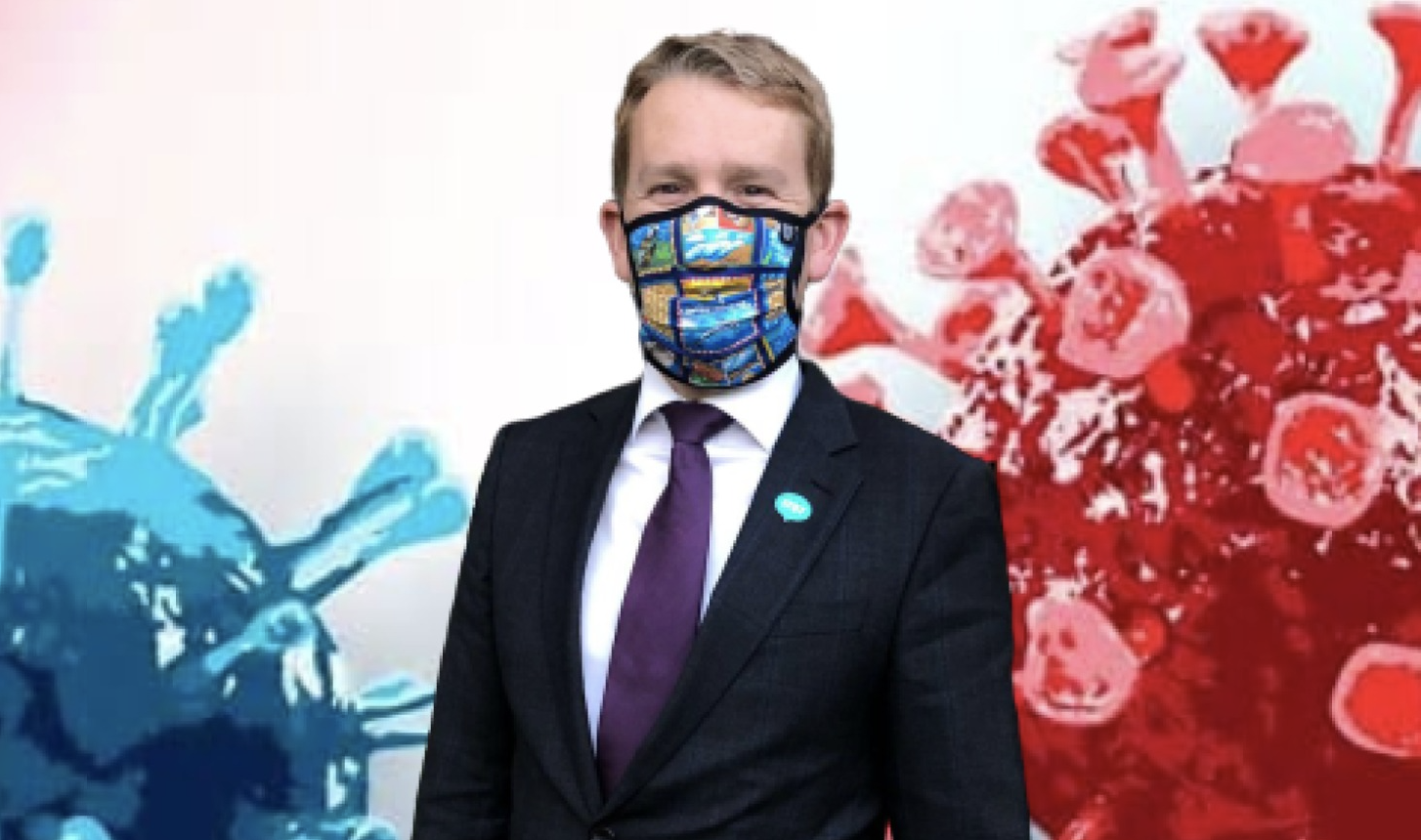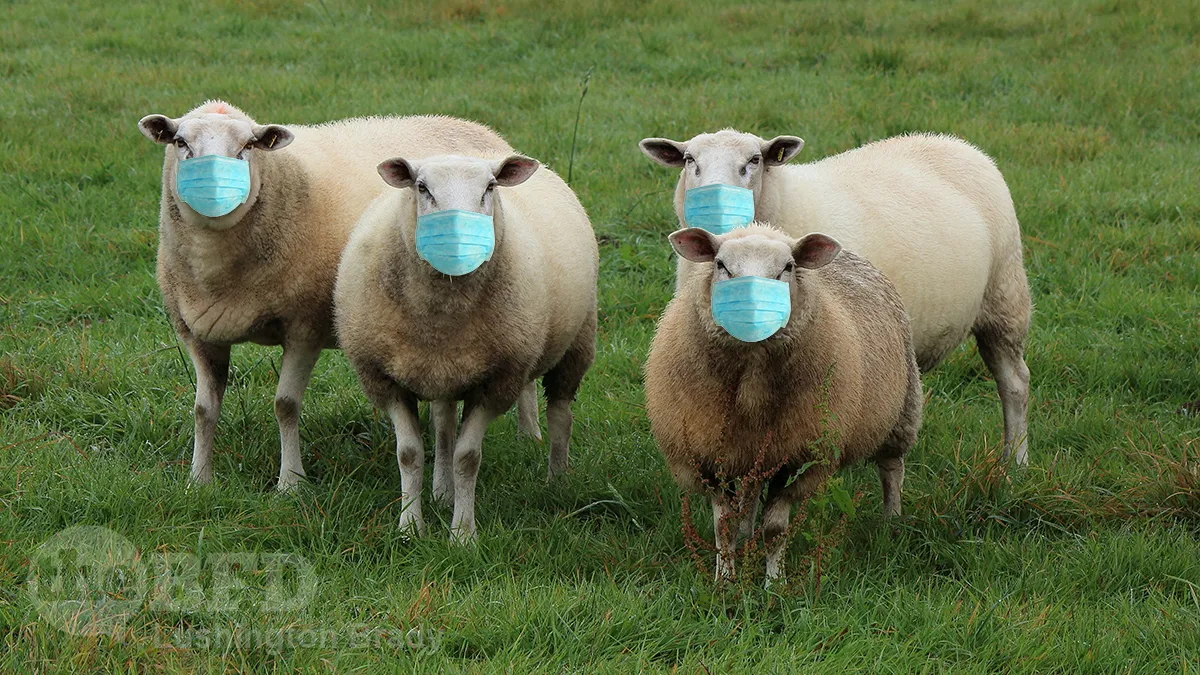Table of Contents
Chris Hipkins
Masks will need to be worn on all public transport in Auckland and in and out of Auckland and on domestic flights throughout the country from this Thursday, Minister for COVID-19 Response Chris Hipkins said today.
“I will be issuing an Order under the COVID-19 Response Act requiring the wearing of face coverings on all public transport into, out of and through the Auckland region, including for taxi and Uber drivers, and on all New Zealand passenger flights. This will come into force at 11.59 pm on Wednesday 18 November,” Chris Hipkins said.
“Adding mask wearing to the toolbox of measures against the virus is a sensible precaution and the time is right to make the move.
“As we learn more about the virus and continue to strengthen our test, trace and isolate processes and border measures, modelling is now telling us that we’re at the stage of having the toolset that means we’re better able to respond to community cases with fewer restrictions.
“That’s not to say that won’t happen. But we’re in a much better position to avoid blunt and costly lockdowns by being able to control the spread of the virus with a flexible mix of measures that best fit the situation.
“In this light, and taking all factors into account, we’ve determined that now is the right time to make mask use mandatory in these situations. It will provide another line of defence, is a low-cost and practical option and presents a minor inconvenience by comparison.

“When we use and dispose of face coverings correctly, they can both reduce the risk of infected people infecting others, and help protect uninfected people from catching the virus.
“It’s also a good visual reminder that while New Zealand remains relatively free of restrictions, we’re not out of the woods yet. We’re at Level 1, not Level zero.
From 11.59pm on Wednesday 18 November, the use of face coverings will be mandatory for:
- people travelling on public transport services in into, out of the Auckland region (except for children – under 12 years of age);
- the drivers of small passenger service vehicles in Auckland, such as taxis and app-based ride services, but not their passengers; and,
- people travelling on passenger flights throughout New Zealand.
Children and young people travelling to and from school are exempt from face covering requirements on school buses and other school transport.
A full list of exemptions will be on the COVID-19 Government website.
“We will take an ‘educate and encourage’ approach. Police can enforce the new rules – but this will be a last resort. Bus drivers and other transport workers will not be responsible for enforcing the new requirement.”
The new move is in line with the measures already taken and fits with New Zealand’s overall focus on keeping the virus out and stamping it out when cases appear, Chris Hipkins said.
“Decisions to introduce mandatory measures are not taken lightly. They are based on expert advice from a range of scientific and public health disciplines and seek to strike the right balance between maximum efficacy and practicality.
“Combatting COVID-19 requires a sustained effort from all New Zealanders and there are simple actions everyone can take to keep us safe.
“It’s important we all still follow good hygiene such as handwashing, cough and sneeze etiquette and staying home when sick. Scanning QR codes continues to be a key tool for contact tracing,” Chris Hipkins said.
“The Government is seeking further advice from officials about extending face covering requirements for other centres and introducing mandatory scanning of QR codes in some high risk situations where contact tracing is challenging.”
“As Covid-19 Response Minister, I am also working with colleagues on a wide range of other significant work streams that will help keep us ahead of the curve and safe, while supporting our economy.
“These include enhanced testing and contact tracing for border workers, MIF booking and allocations, a review of PPE use for MIF workers, airport arrangements, safe travel zones and a greater use of technology,” Chris Hipkins said.
Share this article with your friends, and let more people know about The BFD








